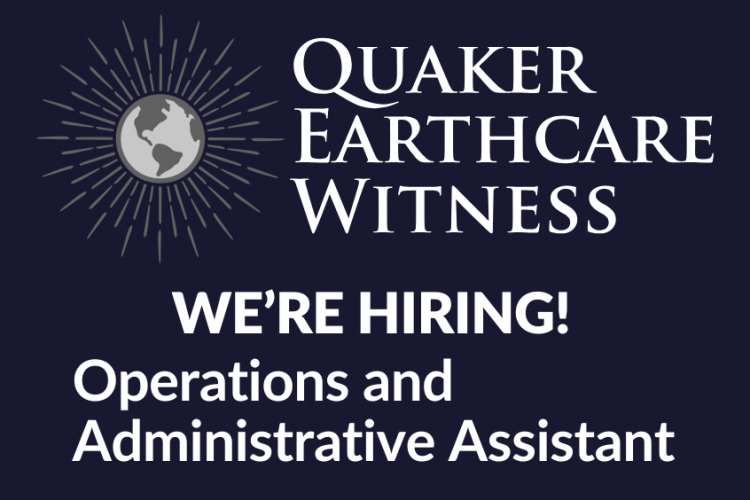Being a Player

I’ve been attending meetings at the UN for more than 15 years and have often been asked “Do you ever get to ‘speak’ at the UN? What do you say?” I’ve explained that representatives from organizations like QEW may at times collaborate with dozens of other CSOs (Civil Society Organizations) in putting together a statement not to exceed two minutes that will be read aloud, and thus “get into the record.” This is not what I would call “speaking” at the UN. A recent week was slightly different.
The General Assembly is putting together a “Post-2015 Agenda” which will include the SDGs (Sustainable Development Goals) that I’ve been writing about for the last two years. This process will finish in July, with the outcome document to be formally adopted in September. There is stated agreement that ending
poverty “in all its forms” is the most important challenge the world faces. The debate is about how to do that. Most weaker countries are saying that any transformation of the economy must be “rights-based.” Stronger countries are saying that the answer is for thriving international commerce to create jobs.
At this point the countries are playing hardball, and many of the more subtle understandings that emerged and were shared in developing the SDGs are being forgotten. The document has no meaningful reference to the Earth as a dynamic set of systems that work together to enable life. In this heated discussion “the environment” is clearly an afterthought, whereas in reality it is the necessary underlying enabler both of human well-being and of prosperity.
Even among the CSO community where I hang out, organizations want to defend their own turf—quality education, access to justice, etc. They see having language in the final text that supports their life’s work as essential to any real solution. Even the environmental groups are focused on single issues, like halting climate change. Basically we all do support each other. You’ve heard of preaching to the choir? We are the choir, and we are singing different but harmonizing parts of the same piece of music. However no-one seems to be speaking for the Earth as a whole entity.
We CSOs spent Monday and Tuesday preparing for a Wednesday morning dialogue with the meeting’s co-chairs—Ambassadors Macharia Kamau of Kenya and David Donoghue of Ireland—and some invited nations. This was very significant, as it would both get into the record and not be dominated by national delegates. Our spoken statements were not to exceed two minutes, but we could submit longer written statements which would also get into the record. We were strongly assured that our input was being seriously considered.
The time for explaining why our causes are important is over. We were told to study the language of the document and suggest specific wording for specific paragraphs. This official invitation for CSOs to suggest language is, I believe, unprecedented, and I attribute it to Kamau, who is emerging as a champion of civil society’s voice.
I scanned the document and found places where the concept I cherish could easily be inserted. In the meeting on Wednesday, Kamau said that the phrase “planetary boundaries” was not well received by some countries that heard in it a wish to keep them from the economic development they need. I raised my hand and was called on, so I added a comment to what I had prepared. After I spoke, Kamau invited me to submit my suggestions in writing. This is what I wrote:
Dear Ambassador Kamau,
I recall the general recognition in the Open Working Group on the SDGs on the interdependence of the natural systems that enable the Earth to support life. This dynamic interdependence leads me to think in terms of planetary health rather than just the planet, or planetary boundaries. I propose the following places in the text for consideration of this term:
- Para 3 “…lasting protection of the health of our planet…”
- Para 6 “…preservation of the health of the planet…”
- Para 7 “…secure our planet’s health for future generations…”
- Para 12 “…and of the planet’s ability to support life…”
- Para 13 “…(to replace “preserving”) maintaining and enhancing the health of the planet.
I think it is possible that the concept of “planetary health” could replace the phrase “planetary boundaries.” It would introduce a possible paradigm shift with great promise into the international discussion.
Thanks for considering this input, and thanks in general for your support of civil society’s voice.
Most sincerely,
Mary Gilbert
Quaker Earthcare Witness
Afterward several colleagues thanked me. It’s probably naïve to expect either inclusion of my suggestions in the next draft, to be finalized in July, or approval by the General Assembly in September. But I was stunned and humbled by having been able to take this opportunity, to know how to take this opportunity, to speak truth to power.
I thank QEW for sending me to the UN where this could happen. f

